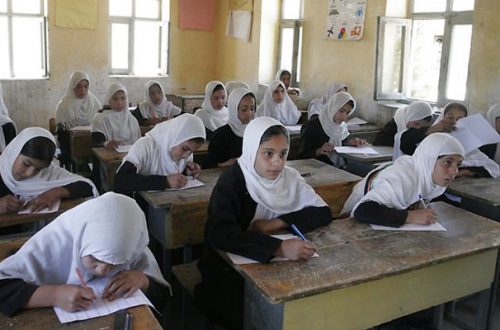Cross-posted from Terry Glavin
Conniptions of umbrage have broken out across the Khomeinist punditocracy after a too-candid live television interview slipped onto Iran’s national airwaves from Tehran, and on one of regime’s most-watched propaganda stations no less. Fury followed the brave Afghan journalist Fazolrahman Oria’s appearance, after the news program’s producer had somehow mistaken Oria for a Khomeinist Afghan patsy. Big mistake.
When the interviewer questioned Oria about the role Afghanistan’s neighbors might play in his country’s security, Oria quite plainly and directly spoke the truth: “Under the current conditions, in which the entire globe has become a small village, Afghanistan is only a small house in this village. Our neighbors, including Iran and Pakistan, have never wanted and still do not want Afghanistan to become a democracy, to have a popular political system accepted by its people. Iran and Pakistan would like instability in Afghanistan, and over the past ten years, and even the past 30 years, Iran’s intervention has been destructive to Afghanistan’s internal affairs. That is why Afghanistan’s neighbors, including Iran and Pakistan, cannot play a role in the peace and security of Afghanistan.”
Oops.
Oria’s interviewer responds: “Of course, Mr. Oria, this is your personal view. I agree with you regarding Pakistan, but not Iran.” Oria wasn’t having any of that backchat, but he remained polite: “I respect your opinion about Iran, but Iran does not have friendly relations with any of its neighbors, and is in deep isolation and crisis.”
At this point, the interview, which was to last 20 minutes, came to a sudden and expeditious conclusion, about two minutes in.
Talking later with Deutsche Welle, Oria stuck by his guns, and without too much attention to politeness. He told Deutsche Welle: “Iran and Pakistan are the enemies of the people of Afghanistan.”
But, Herr Oria, whatever might you mean?
“I am an Afghan and live in Afghanistan. I am a completely independent journalist. I see Iran’s interference in Afghanistan’s cultural, political, military and intelligence affairs on a daily basis.”
For our Dari/Farsi-speaking visitors:
